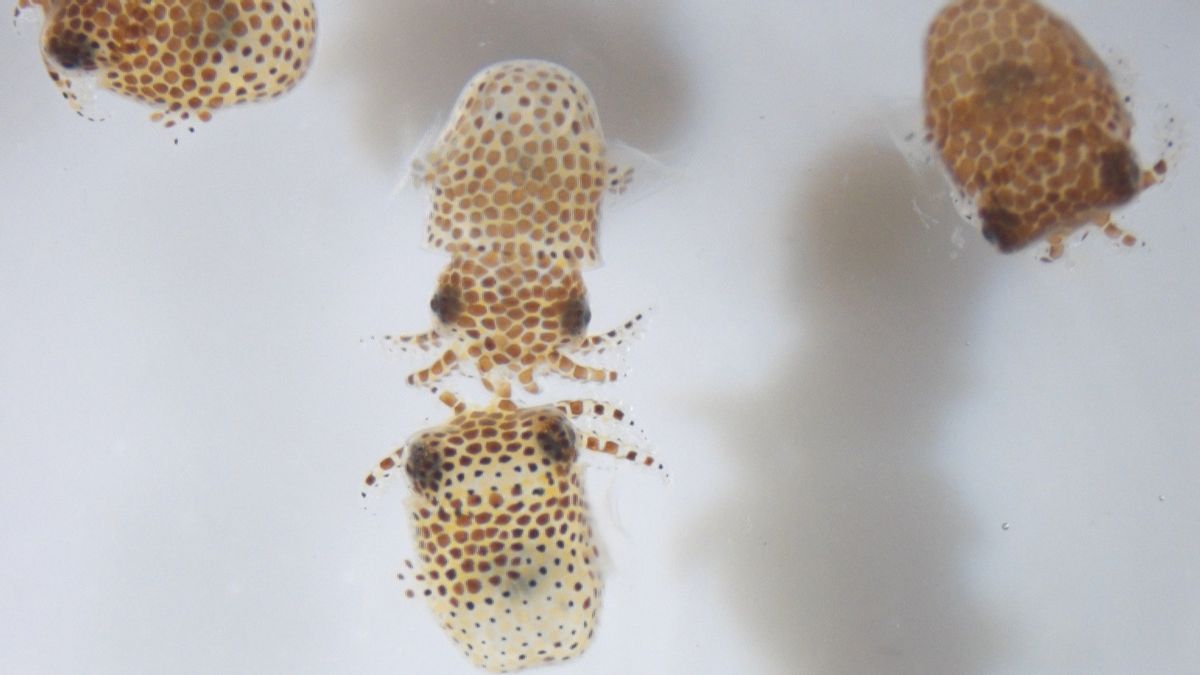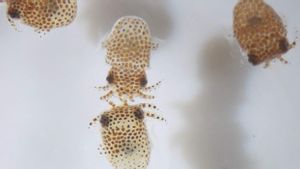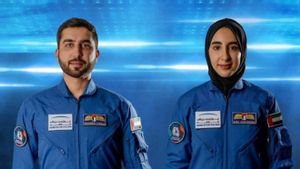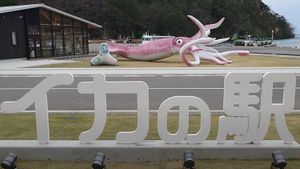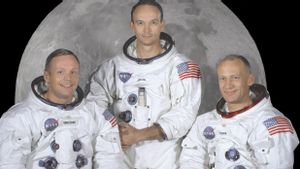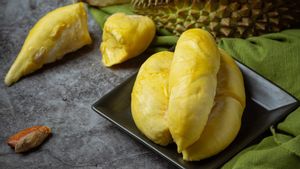JAKARTA - Dozens of baby Hawaiian bobtail squid raised at the University of Hawaii's Kewalo Kewalo Laboratory were sent into space earlier this month on a SpaceX supply mission to the International Space Station (ISS).
Researcher Jamie Foster, who completed his doctorate at the University of Hawaii, is studying how spaceflight affects squid, in hopes of improving human health during long space missions, the Honolulu Star-Advertiser reported Monday, June 21.
The choice of squid is not without reason, because these animals are known to have a symbiotic relationship with natural bacteria that help and regulate their bioluminescence.
When astronauts are in low gravity, their bodies' relationships with microbes change, says University of Hawaii professor Margaret McFall-Ngai, a professor who taught Foster in the 1990s.
"We have found that the symbiosis of humans and their microbes are disrupted in microgravity. And Jamie has shown that in squid," McFall-Ngai said as reported by the Korea Times Tuesday, June 22.
"And, because it's such a simple system, he can figure out what's wrong".
Foster, who is now a professor and principal investigator for the NASA program, is researching how microgravity affects interactions between animals and microbes.
This research is part of the Understanding of Microgravity on Animal-Microbe Interactions (UMAMI) study. It is known, microbes play an important role in life, including helping humans stay healthy.
"When astronauts spend more time in space, their immune system becomes what's called dysregulation. It doesn't work either," Foster said.
"Their immune system does not recognize bacteria easily. They sometimes get sick," he said.
Foster said understanding what happens to squid in space could help solve health problems facing astronauts.
"There's an aspect of the immune system that doesn't work well under long-range spaceflights. If humans want to spend time on the moon or Mars, we'll have to solve health problems so they can get there safely".
SEE ALSO:
The Kewalo Marine Laboratory breeds squid for research projects around the world. These small animals are abundant in Hawaiian waters and are about 3 inches (7.6 cm) long like adults.
If all goes according to the original plan, the squid will return to Earth in July.
The English, Chinese, Japanese, Arabic, and French versions are automatically generated by the AI. So there may still be inaccuracies in translating, please always see Indonesian as our main language. (system supported by DigitalSiber.id)
